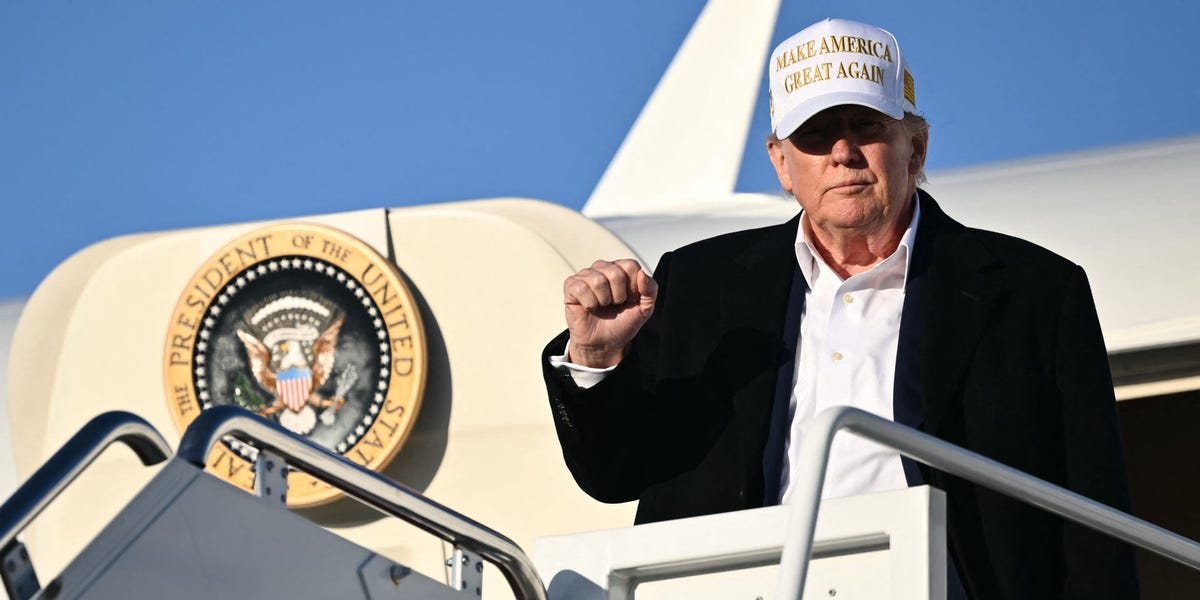Trump's Media Warfare: Polls, Pressure, and the Press Under Siege

In a fresh wave of controversy, former President Donald Trump has escalated his ongoing battle with media outlets, calling for investigations into what he claims are fraudulent polling practices. Trump's latest accusations target The New York Times and other media organizations, suggesting they are deliberately publishing polls designed to undermine his political standing.
The inflammatory remarks come amid growing tensions between Trump and mainstream media platforms, with the former president asserting that unfavorable polls are part of a coordinated effort to discredit him. While Trump's claims of election fraud have been repeatedly dismissed by election officials and courts, he continues to challenge the narrative presented by traditional news sources.
Experts and political analysts are questioning whether Trump's statements constitute genuine concerns about polling integrity or merely represent another provocative strategy to maintain media attention and rally his base. The timing of these accusations is particularly notable, as they emerge in the lead-up to potential future political campaigns.
The New York Times has not yet officially responded to Trump's allegations, maintaining its standard practice of standing by its journalistic methodologies. Meanwhile, political observers are closely watching how these claims might impact public perception and the broader media landscape.
As the debate unfolds, one thing remains clear: Trump's willingness to challenge media narratives continues to be a defining characteristic of his post-presidential political approach.
